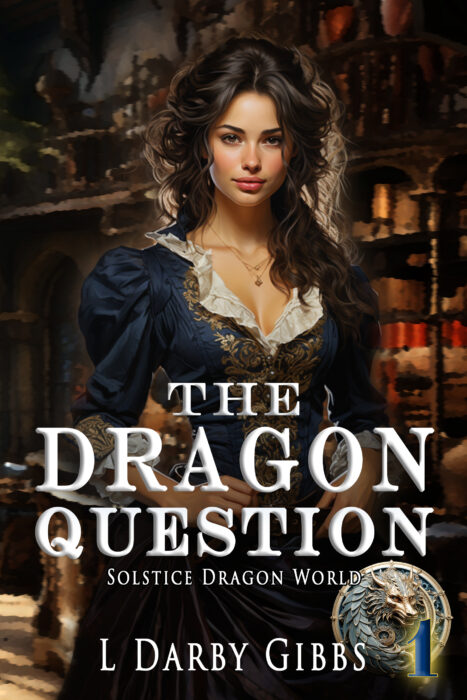 |
| Fame & Fortune, but at what cost? |
Using a tried and true narrative mode to set up a story, as mentioned in last week’s post, is quite useful. The Faust Legend is another popular format. If you are familiar with the old movie Oh God, then you have seen it used in the more modern gentler form: the Faustus character escapes his fate. More recently, the movie Meet Joe Black used the Faustian legend, and though the main character did indeed die, is was still far gentler then in the original Christopher Marlowe version The Tragical History of Doctor Faustus: the main character gives up his soul to satisfy his thirst
for knowledge and as a result of his hubris is damned to Hell for all
eternity.
- First you need the Faustus character who is well-learned, highly respected and incredibly thirsty for knowledge, fame, social position, take your pick.
- The main character reaches a point when there is no more to gain and he remains unsatisfied. At this point, he is vulnerable to corruption. (The alternative is the character has been pursuing his dream for so long but has failed to achieve it and is therefore ripe for making the tragic choice.)
- He or she is approached by people posing as trustworthy or at least viable sources of advancement. What they offer is 24 years of fame/money/position/power, etc., in exchange for the soul or some other valuable item (though not necessarily to the main character at the time or at least not in comparison to what is being offered).
- He spends 24 great years getting everything he wants (the 24 years is not mandatory, but it is the standard time span). For Faustus this is largely knowledge, but there is fame and power thrown in now and then to hold his attention.
- During the agreed upon time, the main character does suffer from periods of remorse, guilt, fear, conscience, etc., and waffles back and forth about pulling out of the deal by the one means that was provided. Faustus could have repented and asked for God’s forgiveness, but though he considers it numerous times, he never does. So, there are necessary periods of reconsideration that open up all sorts of opportunity to trifle with the character’s resolve and integrity or lack of.
- In the Faustus tragedy, he does not believe that he will actually have to give up his life. In essence, he thinks the devil or death or ? is a fool, Hell doesn’t really exist, no one can actually take someone’s soul or remove fame and fortune at a tip of the hat, etc. He is so full of himself, he thinks even God, the devil, death, or any magic provider can be controlled. And he goes into denial or willingly accepts blinders to avoid seeing the danger.
- He is dead wrong (literally in Faustus), but in Oh God, there is wiggle room, and in Meet Joe Black, well, he goes willingly and almost appears to have gained from having to follow through with the promise, and Death isn’t as bad a character as originally thought. Having the devil switched for the personified Death is what makes the Joe Black story not so frightening, since everybody must yield to that ultimate end sometime.
- In the end, Faustus is dragged into Hell body and soul for eternity. In Oh God, he is saved in the nick of time (no pun intended) and I already gave away the ending in Meet Joe Black.
The Little Handbook of Narrative Frameworks available on Smashwords and Amazon.
